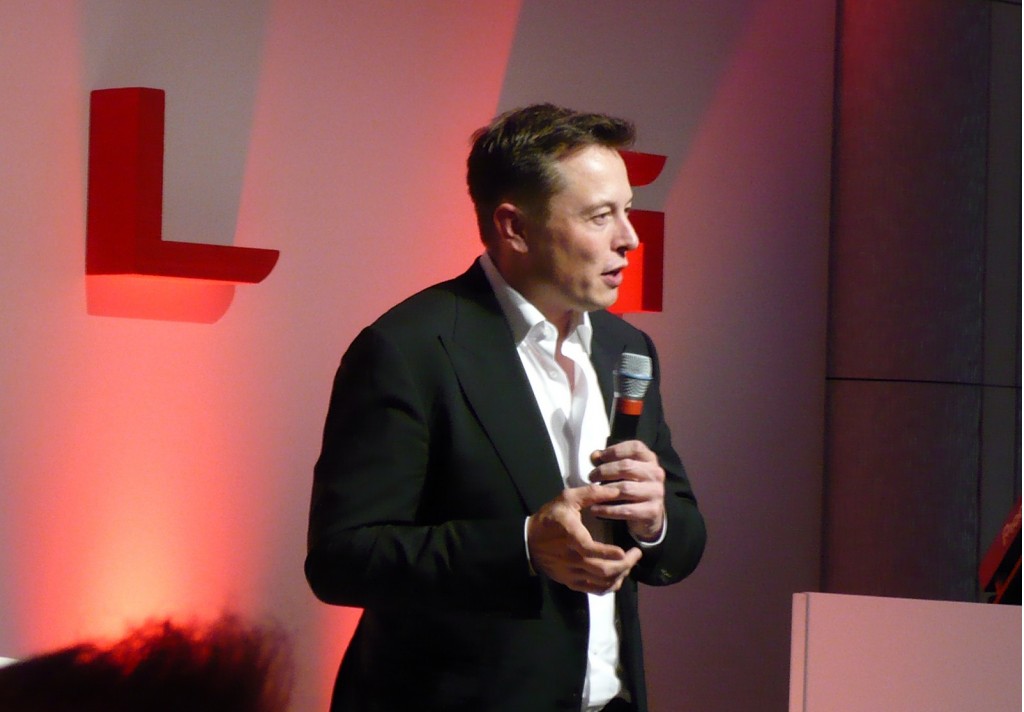It’s hard to overstate Elon Musk’s contributions to the 21st century.
As one of PayPal’s founders, Musk cemented his fortune. As the dreamer behind SpaceX, he cemented his vision for humanity’s future. As Tesla’s CEO, he’s created an automaker that not only established itself as a major force in a few short years but also redefined the idea that “environmentally responsible” and “enviable” aren’t mutually exclusive.
And now it’s time for Musk to step aside.
As the ongoing circus around Tesla continues, it’s clear that Musk is quickly becoming not a driving force, but a distraction.
The electrification cause that so many fans flocked to Tesla for—a new idea for a century-old device—has taken a backseat to Musk’s seemingly wild Twitter outbursts on his perception of the media, investors (and detractors), and current events. Environmentally responsible cars aren’t the topic of the day with Musk at the helm; irresponsible tweets are.
Unfiltered social media gives us a glimpse into Musk’s view of critics, allies, and most importantly—himself. His ego has been an asset for a visionary company with ambitious plans, although it’s increasingly turning into the automaker’s foil. The New York Times on Friday reported that the board is concerned with Musk's use of the social media platform, and that the CEO may be using it under the influence of Ambien.
Musk’s legacy is untarnished, and his intelligence is unquestionable. It took decades for automakers to understand that fuel efficiency was not only necessary for economic and geopolitical stability, it’s also mandatory to salvage what’s left of our rapidly deteriorating environment. It took Musk merely a few years to take full electrification mainstream—far faster than any established automaker alone could have—powered by home solar panels, swaddled in luxury, and at breathtaking speeds along the way.
The adage that success in Silicon Valley required giving a genius billions and getting out of his way has been debunked. Significant investment in Tesla—both public and private—has largely paid off, but not only because of Musk’s zeal. Pent-up demand for environmentally responsible vehicles has always been there. Musk made it real. Soon, it’ll become profitable.

Tesla Motors CEO Elon Musk at Tesla Store opening in Westfield Mall, London, Oct 2013
Listening to Tesla shareholders, fans, and owners is an affirmation that an exciting future for cars and drivers is ahead. The public wants exciting, technologically advanced cars that reject the Detroit Three dogma of “we know what’s best for you and your cars,” and Musk’s contribution to that history book is chapters, not just pages.
But unlike the Detroit Three’s sometimes-arrogant tedium, Musk has largely operated without control or consideration for the reach of his words or actions. Antagonizing comments during public briefings, hubris during crises, and deliberate obfuscation of production issues isn’t just cause for concern, they’d be cause for termination at any other major automaker in America.
Now, like any good corporate officer should understand, it’s not about him—it’s about the cars he helped make.
Until very recently, part of Tesla’s appeal was that public money was used to usher those cars onto the roads. Musk has been dismissive of the role public money played in his company’s success, including Department of Energy loans. “We were bailed in, not bailed out.” Musk told Popular Mechanics in 2012.
That’s not true. The terms for Tesla’s $465-million, low-interest loan were far more favorable than any other private firm were willing to offer in 2009, even by the company’s own admission. Every Tesla on the road now represents thousands from federal and state coffers, paid for by every American taxpayer.
Now, Musk has claimed he has an elaborate and premeditated plan to take Tesla away from critical eyes, naysayers, and oversight, and into a garage in his mind where he can focus on long-term goals.
That’s not right.
He’s asking more than two-thirds of current investors to blindly follow his company, win or lose, without safeguards and protections developed to save them if Musk missteps. It’s an end-run around the Securities and Exchange Commission’s oversight, which protects investors from fraud and increases trust in the capital markets that helped Musk in the first place.
That’s too far.
Musk’s roles as founder and board member for Tesla are secure. His role as chief executive officer shouldn’t be. Tesla is bigger than Musk now, and the company and the movement behind it now needs a responsible steward to usher it into a new era, free from ego and controversy. The Times reported that the board is looking for a No. 2 executive—it should be a No. 1.
That’s business.
